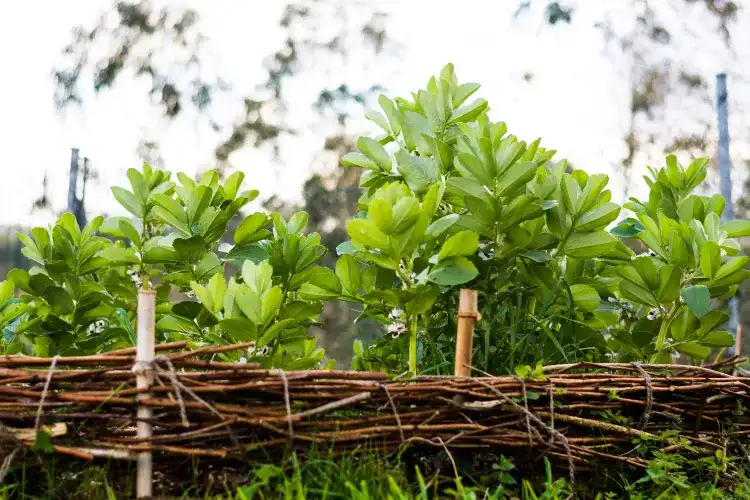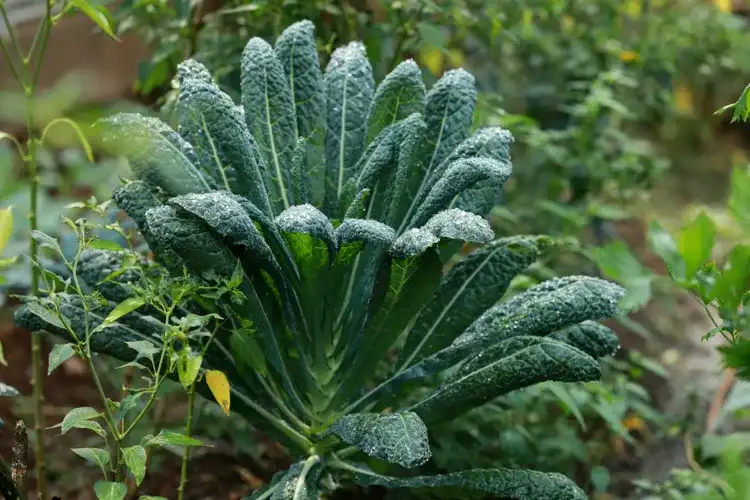Closed-loop systems are a vital sustainability goal across various industries, and gardening is no exception. Gardeners need to consider their consumption habits when organizing their green spaces. Purchasing excessive materials for a garden can, unfortunately, offset the environmental benefits gardening is meant to provide.
Understanding Closed-Loop Gardening
Closed-loop gardening focuses on creating systems capable of regenerating endlessly without external resources, apart from natural elements like sunlight and rain, combined with human care and effort.
Such gardens eliminate the need for constant inputs like new seeds, fertilizers, or materials. Instead, they work harmoniously with nature, relying entirely on internal cycles to thrive and sustain themselves over time.
Several strategies can help establish an effective closed-loop garden. It’s crucial to select the right techniques and plants based on the specific site and goals of the gardener.
Key Steps to Building a Closed-Loop System
- Saving seeds and propagating plants from existing ones to ensure future growth.
- Incorporating plants that naturally spread or self-seed, even those often classified as “weeds.”
- Growing specific crops designed to generate mulch, natural fertilizers, and other useful byproducts.
- Recycling nutrients within the garden through composting and mulching practices.
- Using nitrogen-fixing plants and dynamic accumulators to naturally replenish soil fertility.
- Utilizing garden-grown materials for pathways, trellises, fences, and even small structures like sheds.
- Implementing sustainable water systems – including rainwater harvesting, smart irrigation, and conservation techniques.
- Creating synergies between various garden projects to minimize the need for new purchases or external materials.
Adopting a holistic view of the garden and emulating natural cycles ensures minimal external dependency and a more resilient ecosystem.
Why Closed-Loop Gardening Is Worth Pursuing
There are multiple reasons why gardeners should prioritize closed-loop systems.

Reducing Environmental Impact
One major benefit is reducing consumption, a core principle of sustainable living. Every item purchased for a garden – from seeds to soil amendments – carries an environmental cost, from production to packaging and transport emissions.
Even eco-friendly products like organic compost or peat-free soil mixes have a carbon footprint. By sourcing everything needed within the garden itself, gardeners dramatically lower the ecological impact of their activities.
Financial and Practical Benefits
Creating a self-sustaining garden also offers economic advantages. When fewer purchases are required, there are significant cost savings over time.
Additionally, a garden that nurtures its own cycles often demands less hands-on maintenance. By aligning with natural rhythms, gardeners can reduce intervention, making garden care less labor-intensive in the long run.
Although some manual work will still be necessary to guide these cycles, the ultimate aim of closed-loop gardening is to establish a system where nature does the majority of the work.





